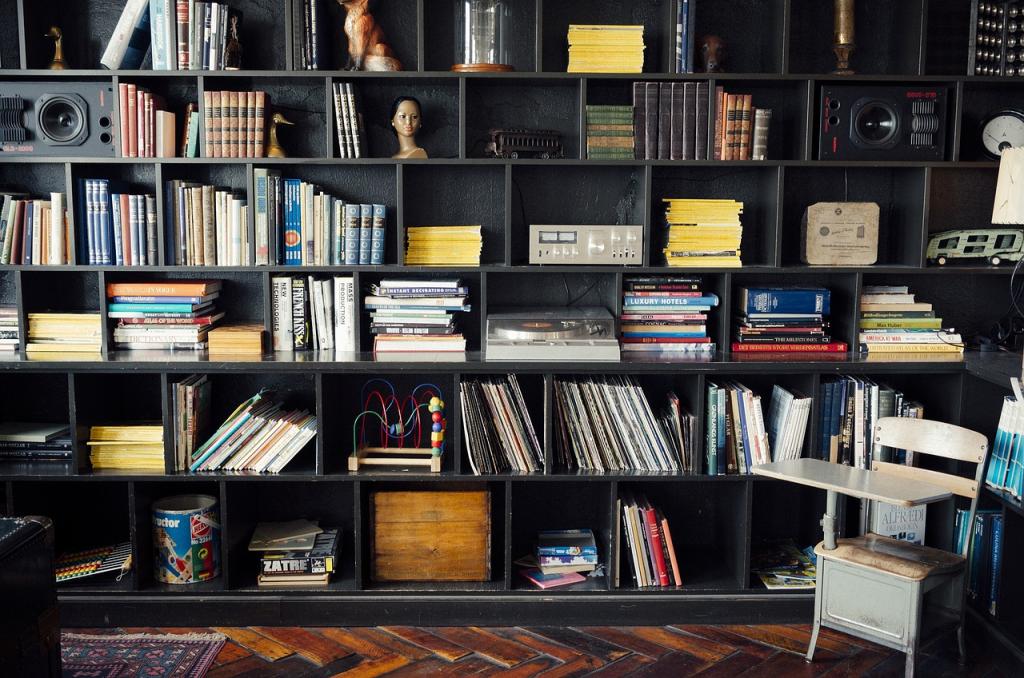Abstract
IHEID in today's form exists only since 2008, thanks to the merger of the Institut universitaire de hautes études internationales (IUHEI, founded in 1927) and the Institut universitaire d'études du développement (IUED, founded 1961). In this meeting of the Kitchen Seminar, postdoctoral researcher Charlotte Roy and PhD candidate Nicolas Hafner present historical research they did working with the archival sources produced by these two institutions. In her PhD thesis (University of Basel, 2023), Charlotte Roy looked at the period of office of Jacques Freymond, director of IUHEI from 1955 until 1978, seeking to understand how he adapted its mission to the evolving political context after World War II. Nicolas Hafner studies the people that populated IUED during the first two decades of its existence, their ideas and trajectories, tracing the emergence of critical development thinking. Their common presentation will touch on the archival materials they have used in their research, the differences and commonalities between the two institutions and will suggest some avenues for future research with a digital humanities approach.
SPEAKERS
Charlotte Roy is a postdoctoral researcher at the Center of Digital Humanities & Multilateralism. She earned her PhD in History from the University of Basel in February 2024, with a dissertation on the history of the Geneva Graduate Institute during the period of the Cold War. Her work deals with academic exchanges between Eastern European countries and the Institute, as well as the Institute's involvement in newly independent countries through development aid in the 1960s-1970s.
Nicolas Hafner is a PhD candidate in International History and Politics at the Geneva Graduate Institute. Building on archival material from IUED such as letters, course materials and oral history interviews, he studies the people that populated IUED, their ideas and trajectories, and the socio-political context in which they worked. Since many of the people that frequented Geneva were also practitioners and activists, thinking with IUED’s archival material might be an original way to overcome the often-assumed dichotomy between development ideas and practice.




